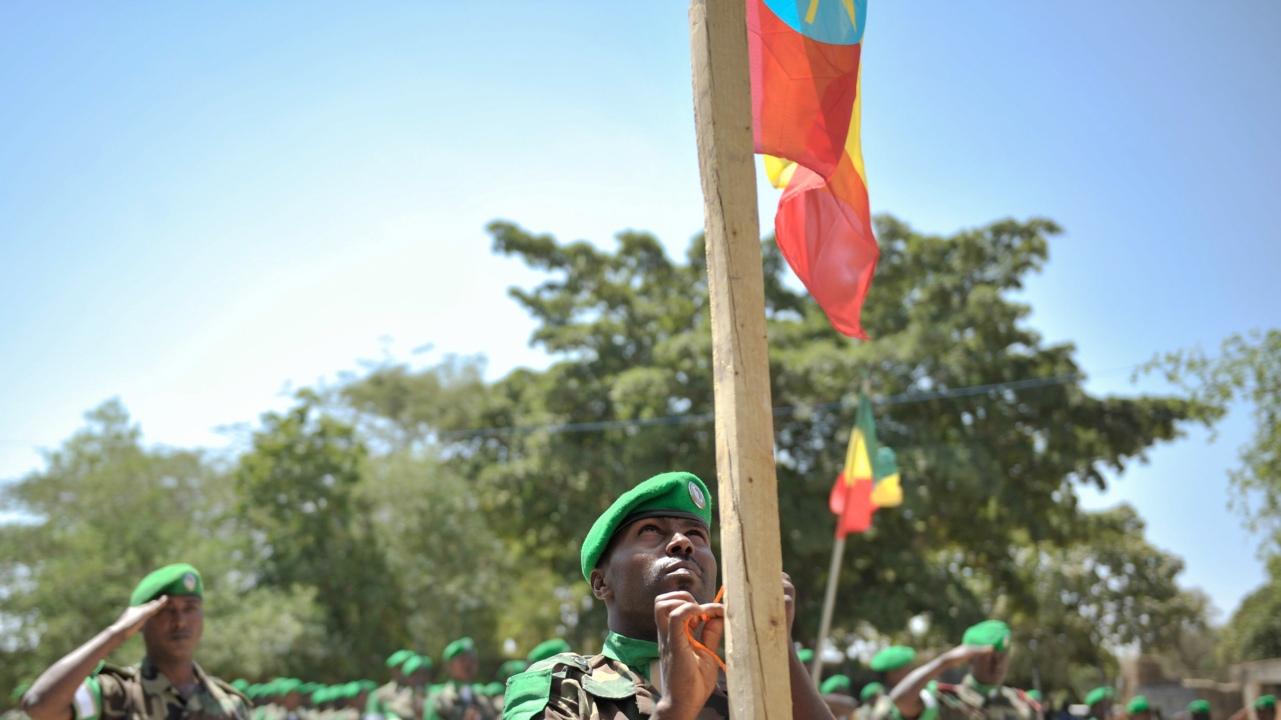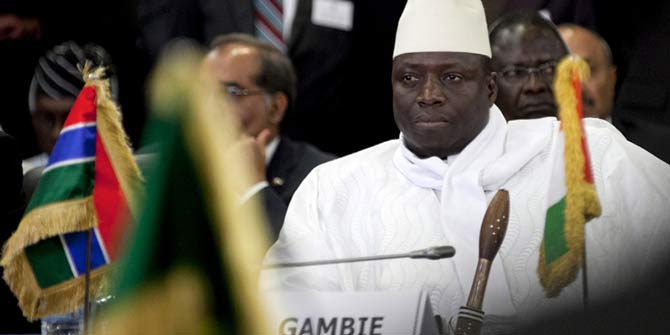The crackdown on Muslim activists is part of Addis Ababa’s crusade against independent voices and opposition leaders, writes LSE’s Awol Allo.
On July 6 2015, Ethiopia’s Federal High Court convicted leaders of the Ethiopian Muslims protest movement on charges of terrorism and conspiracy to create an Islamic state in Ethiopia. The verdict — against two Muslim journalists, 10 activists and six members of the Ethiopian Muslims Arbitration Committee — came after three years of a politically motivated trial whose outcome was long ago determined. Sentencing is scheduled for August 3.
The trial and the verdict against the Muslim leaders is a political spectacle designed to conceal the regime’s reindoctrination campaign and silence long-standing grievances of the Muslim population. The crackdown on Muslim activists is part of the ruling party’s larger crusade against journalists, bloggers, activists and opposition leaders and supporters.
A peaceful movement
The Ethiopian Muslims movement was organized around the community’s three core demands: ending the government’s continued control of the Ethiopian Islamic Affairs Supreme Council, the official Islamic authority in Ethiopia; terminating the controversial reindoctrination of Ethiopian Muslims launched by the government in July 2011; and reopening the Awoliya College, the country’s only Muslim college. Authorities closed the institution in 2011, alleging it had become a breeding ground for radicals.

While the government has always controlled the council, it was Awoliya’s closure and the coercive reindoctrination campaign that triggered the confrontation. The government denies allegations of interference and control of religious institutions, but a leaked audio from the initial indoctrination sessions shows that it has invited preachers from Lebanon to introduce Al-Ahbash, a supposedly moderate sect of Sunni Islam, to Ethiopia.
Authorities arrested members of the Arbitration Committee in July 2012 after negotiations with the government failed, and they were charged with “intending to advance a political, religious or ideological cause” by force, signaling the impending criminalization of the peaceful movement.
Repressive political ends
Since the disputed 2005 elections and the mass arrests of opposition leaders and journalists, the use of court proceedings for repressive political ends has become one of the signature traits of the Ethiopian government. The primary purpose of these administrative acts disguised as criminal proceedings is the elimination of political opposition and critical voices. These trials function not to adjudicate legal disputes but to remove actors from the democratic sphere. The judicial machinery is set in motion not to determine guilt or innocence but to sustain and consolidate the government’s authoritarian stranglehold on its people.
In order to build a coherent narrative, the government often recasts genuine grievances as a national security threat and reconfigures activism as criminal offenses. For example, it accused the jailed Muslim leaders of working in tandem with foreign terrorist groups to destabilize Ethiopia and undo its economic progress. By dramatizing the impending danger and alleged links to regional militant groups such as Somalia’s Al-Shabab and Nigeria’s Boko Haram, the defendants’ prolonged trial was used to create an alternative reality manufactured by the ruling Ethiopian People’s Revolutionary Democratic Front (EPRDF).
The government presented various forms of evidence — including documents, audio and video of sermons and speeches by the defendants, witness testimonies and material obtained through surveillance. However, most of the evidence was presented in closed sessions, and the accused were not given adequate opportunities for cross-examination. The government has deployed stealth propaganda to incriminate the defendants. Since the committee members’ arrests, authorities have produced two fake documentaries intended to generate images and narratives of terrorism to scare Christian Ethiopians and Western observers, in flagrant violation of the presumption of defendants’ innocence until proven guilty.
The post was first publicised on Al Jazeera Opinion.
Awol Allo is a fellow in human rights at the London School of Economics and Political Science.
The views expressed in this post are those of the authors and in no way reflect those of the Africa at LSE blog or the London School of Economics and Political Science.





